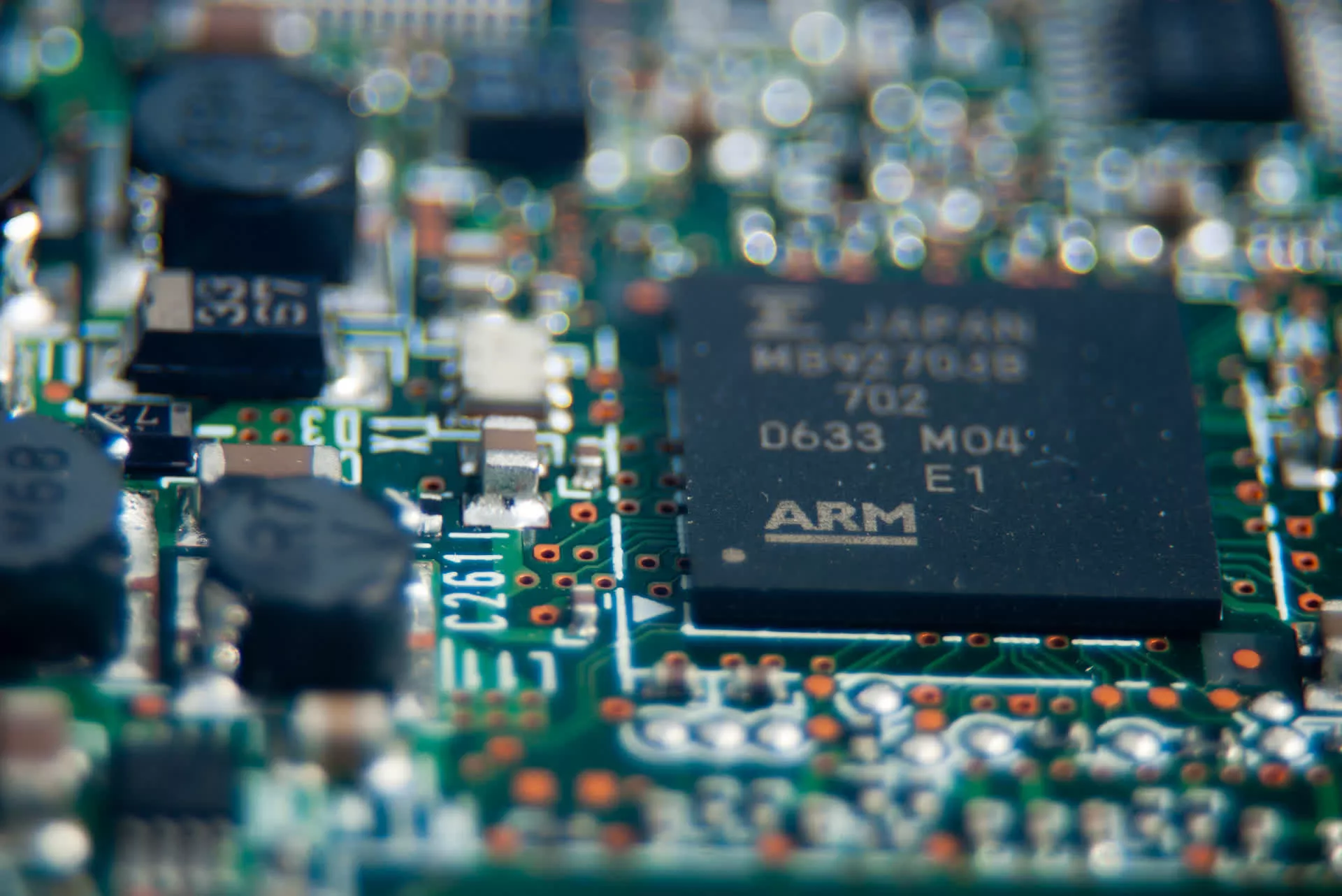In brief: Claims that the x86 architecture could be under threat from Arm-based processors have been dismissed by Intel CEO Pat Gelsinger. His statements follow reports that Nvidia and AMD are planning to release Arm-based CPUs for consumers, while Qualcomm has just unveiled its next-gen Arm SoC that it says can beat Intel and Apple in some applications and efficiency.

Speaking during Intel's third-quarter earnings call on Thursday, Gelsinger said the company takes all competition seriously, but when it comes to Arm and Windows client alternatives, "generally they've been relegated to pretty insignificant roles in the PC business."
"I think history is our guide here. We don't see these as potentially being all that significant overall," the CEO added.
However, while Gelsinger was dismissive of Arm's threat, he did say alternative architectures were a great opportunity for Intel's foundry business, which is happy to work with companies building chips based on Arm designs.
Back in April, the two former rivals joined forces in an agreement that will make it easier for Arm licensees to have Intel manufacture low-power SoCs using Team Blue's 18A process, which is expected to be manufacturing-ready in the second half of 2024.

Reports from earlier this week revealed that Nvidia, which already dominates the AI, HPC, and consumer graphics card industries, is expanding its portfolio to include Arm-based processors for client Windows PCs. AMD is also said to be planning to make consumer processors based on Arm's designs, with both companies' new chips set to arrive in 2025.
The report added that Microsoft is encouraging others to enter the Arm-based systems market once the current exclusivity deal it has with Qualcomm ends next year. Gelsinger might not be concerned, but the news resulted in Intel's share price falling 5%.
It's not just Nvidia and AMD hoping to usher in an Arm-based PC revolution. This week also saw Qualcomm launch its Snapdragon X Elite SoC for PCs. Qualcomm is combining 12 CPU cores running at 3.8 GHz (two can boost up to 4.3 GHz) and building the chip on a 4nm process.
Qualcomm's numbers claim that its SoC can beat Intel's Core i9-13980HX in single-threaded performance or match its multi-threaded performance while using 70% less power.
According to analyst research, Arm's PC market share will grow from its current 14% to 25% by 2027.
https://www.techspot.com/news/100643-intel-boss-pat-gelsinger-calls-arm-pc-threat.html